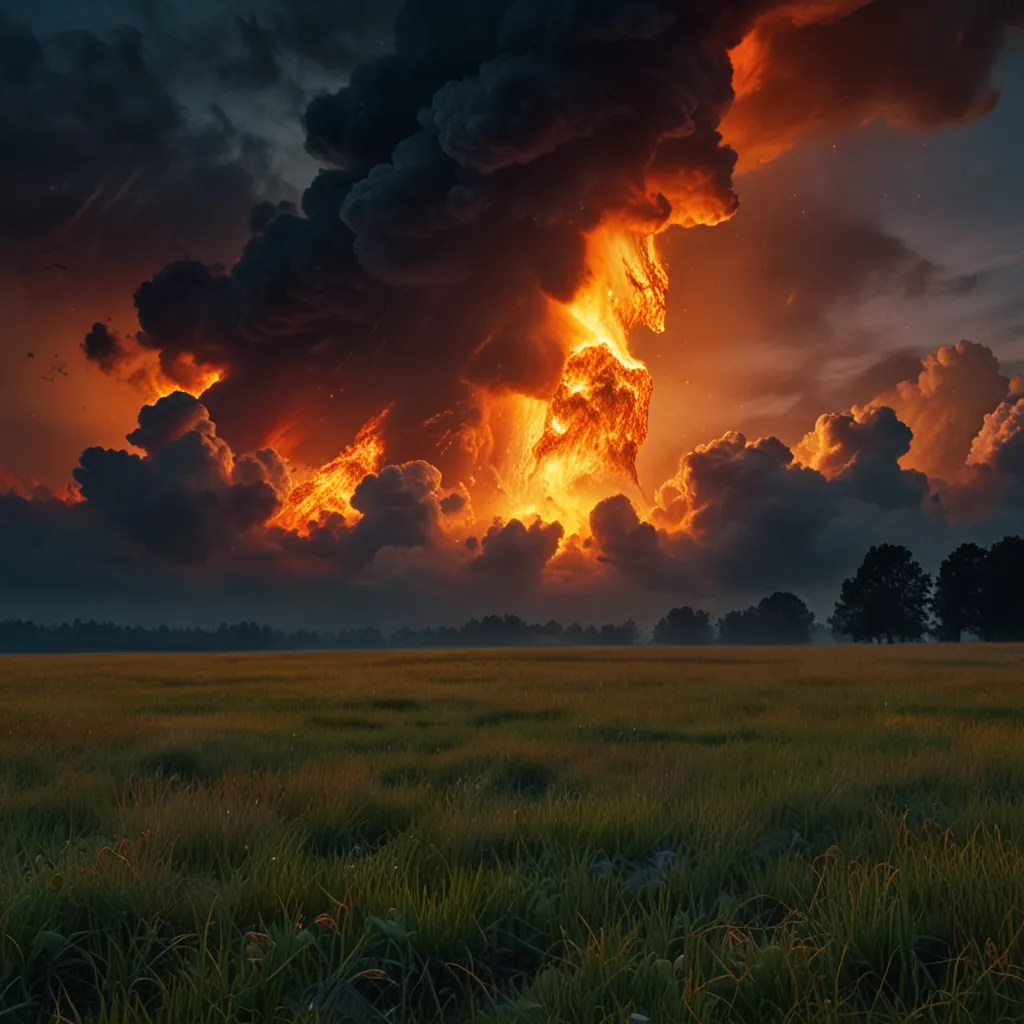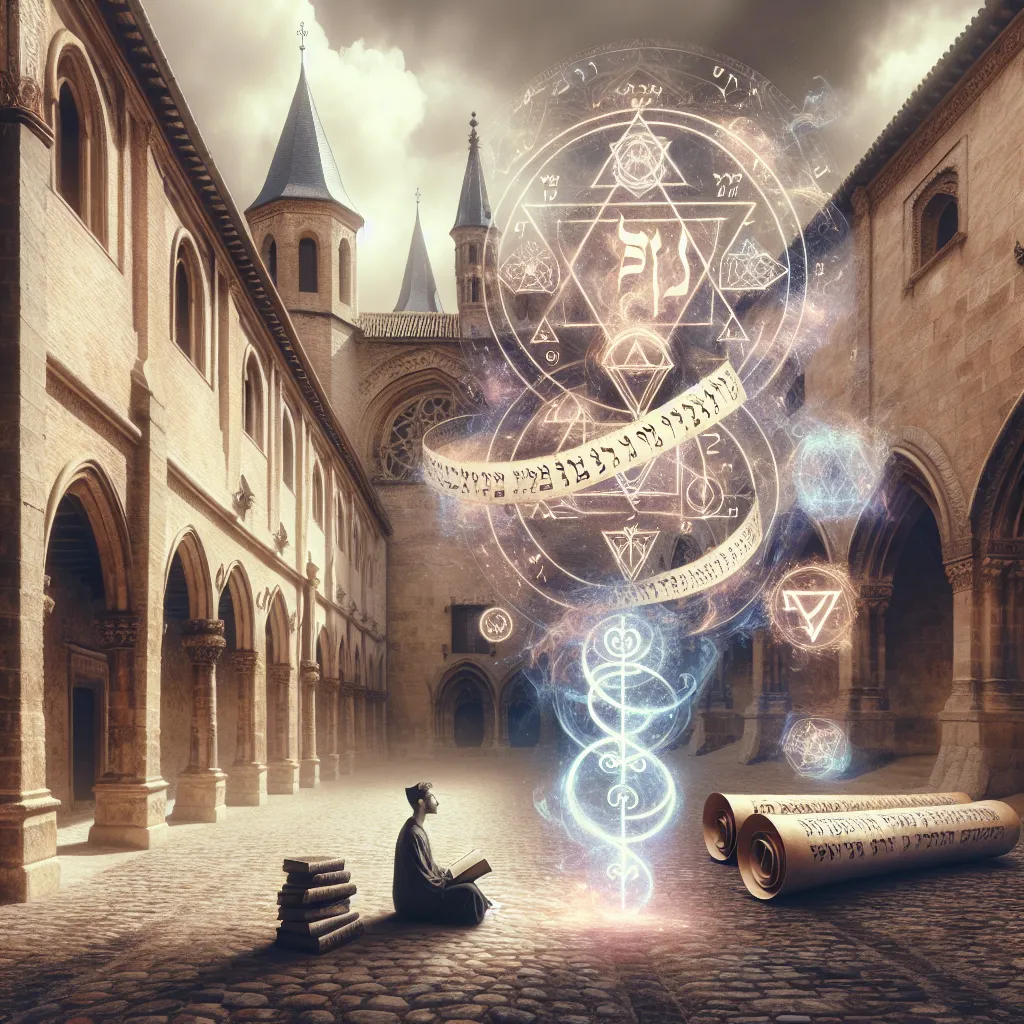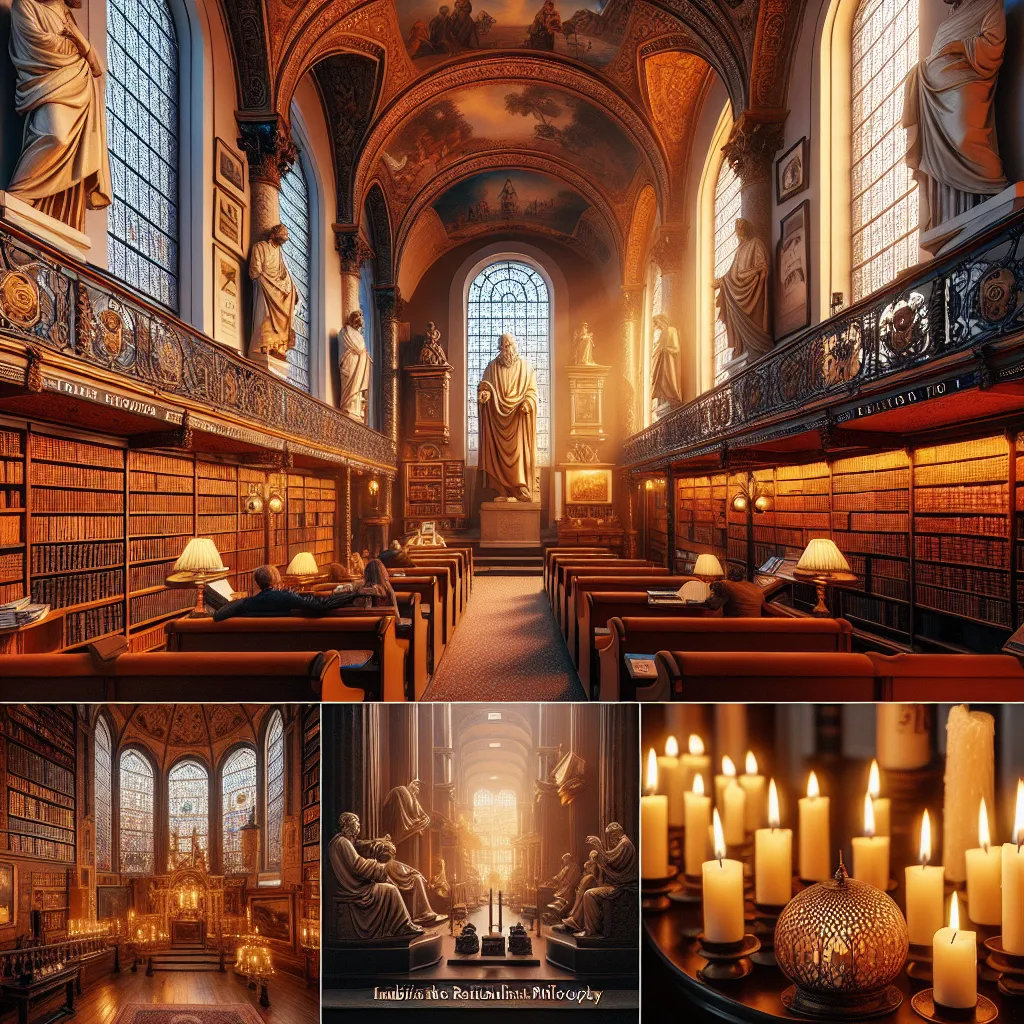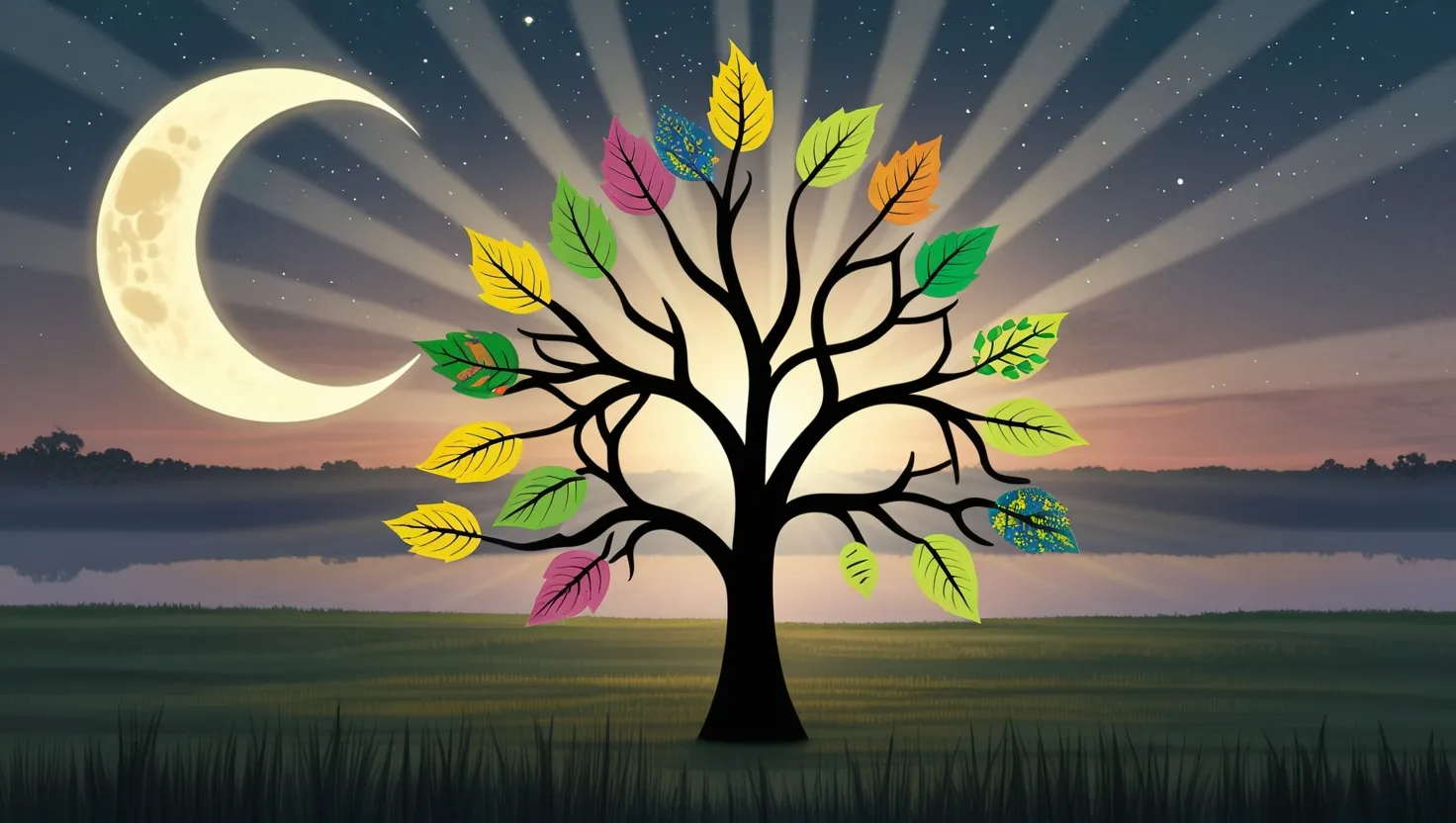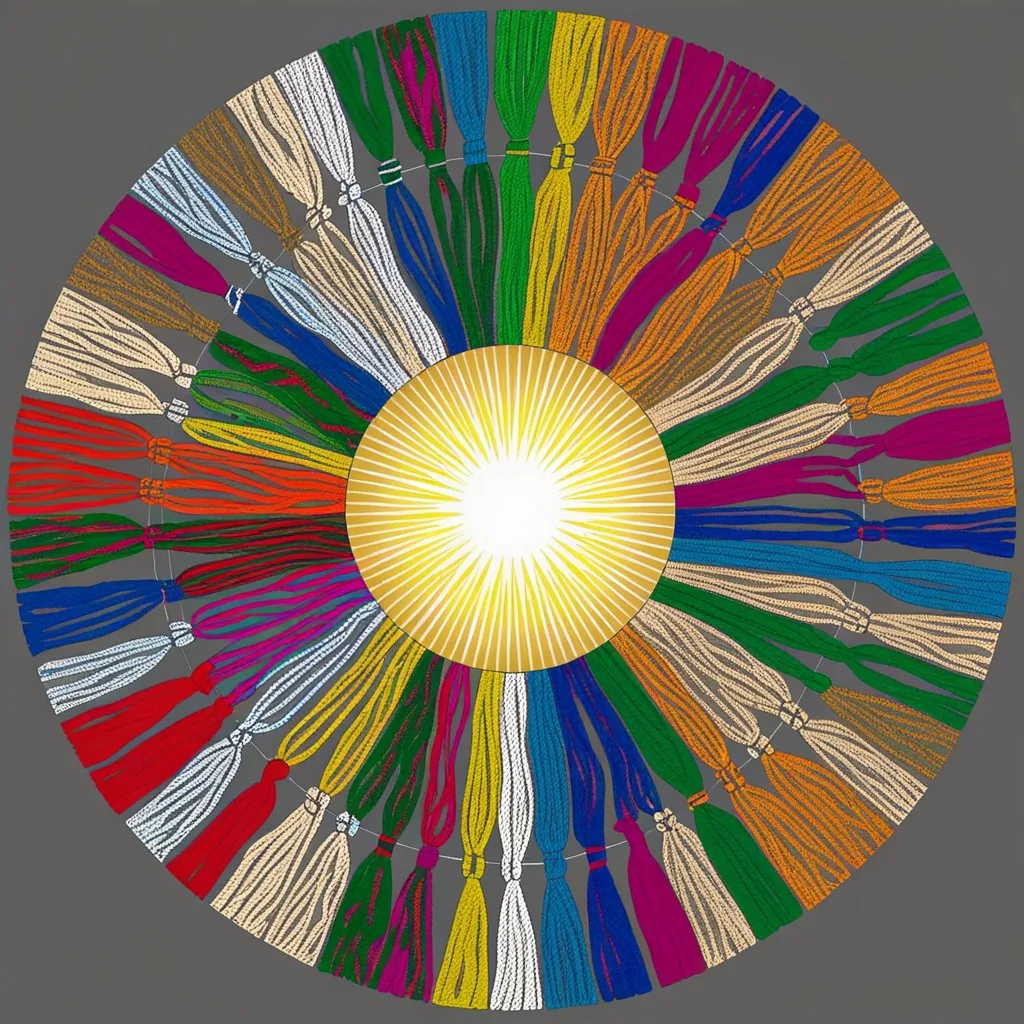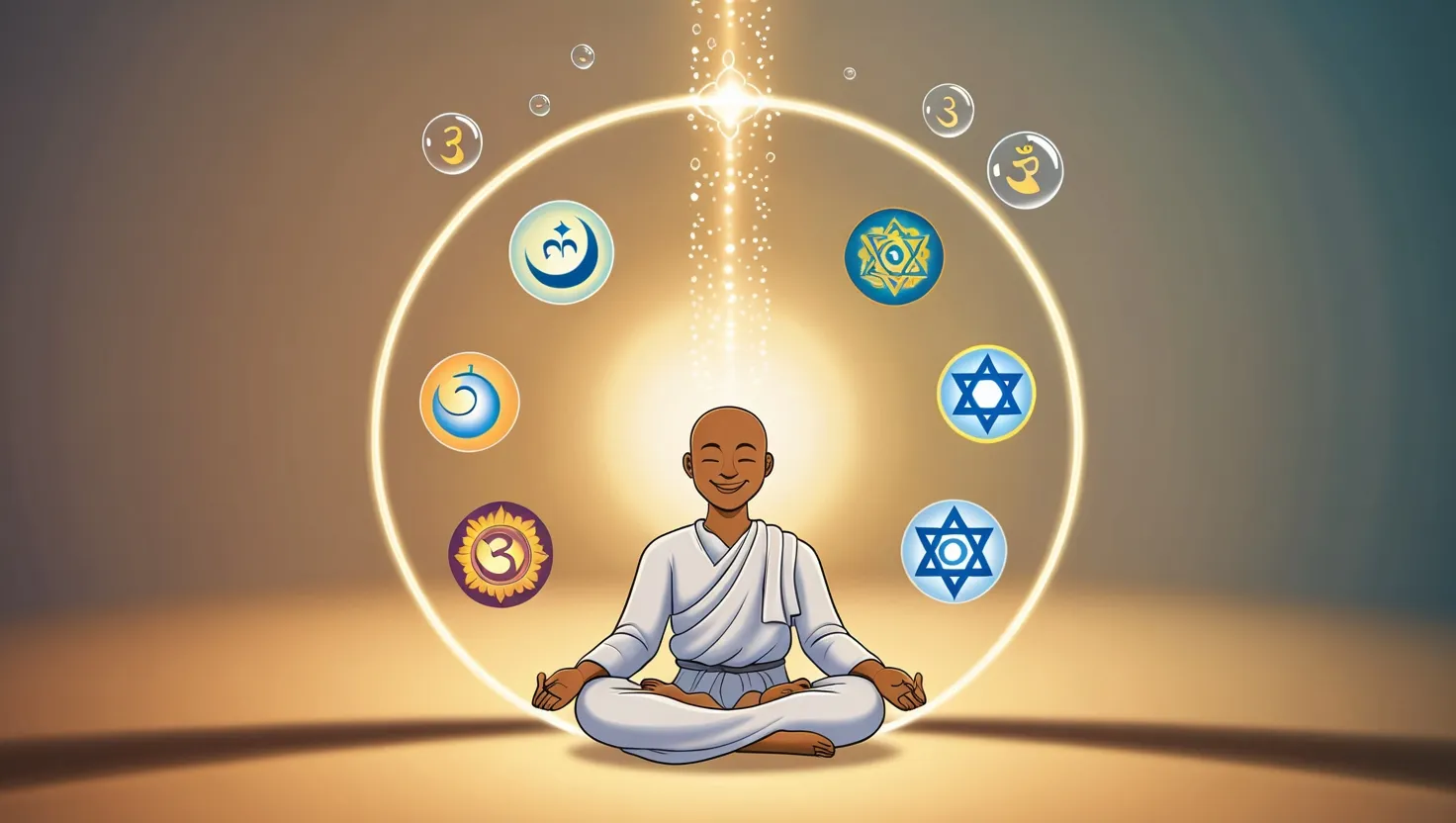Christians have all sorts of thoughts about the afterlife, and it’s pretty diverse. Many picture heaven and hell as the ultimate destinations for souls, depending on one’s faith and actions in life. But, it’s actually not that simple or clear-cut. Especially if you look at the Old Testament and the teachings of Jesus, there’s no straightforward mention of these places.
If you dive into the Old Testament, it doesn’t really offer a consistent narrative about life after death. Most of it suggests that death is final—no rewards or punishments. Life is for living in the here and now, with no social connections, friends, family, or even any interaction with God after death. The term “Sheol” pops up occasionally, but its meaning is hazy. It might mean a shadowy underworld or just the grave.
The ideas of heaven and hell as commonly understood today have evolved over time, influenced by various cultures and traditions. This shift is quite intriguing because it shows how beliefs can morph and adapt over the centuries.
Near-death experiences (NDEs) add another layer to the mix. Folks who’ve had NDEs often talk about seeing heaven or hell, but their stories are all over the place and don’t always match up with mainstream Christian views. Some researchers urge caution with these accounts, noting that they are often shaped by the person’s own background and beliefs. While NDEs suggest that the soul might be separate from the body, they don’t give a clear picture of what the afterlife is really like.
If you look at surveys, many Christians do believe in heaven and hell, but opinions differ across various Christian groups. For example, more Protestants believe in hell compared to Catholics. Fascinatingly, plenty of people who aren’t firm believers in heaven or hell still think there’s some kind of afterlife—maybe like an alternate dimension or a cyclical existence.
Books and movies have also played a big role in shaping how people think about the afterlife. Titles like “Heaven is for Real” and “23 Minutes in Hell” have captured many imaginations. But, it’s wise to take these stories with a pinch of salt. They can be inspiring, sure, but they aren’t exactly go-to sources for theological truth.
In a nutshell, Christians have diverse views on the afterlife, shaped by history, culture, and personal experiences. The belief in heaven and hell is common but not universal, with lots of people leaning towards different kinds of afterlife concepts. Understanding these beliefs means appreciating their variety and the ongoing evolution of religious thought.
